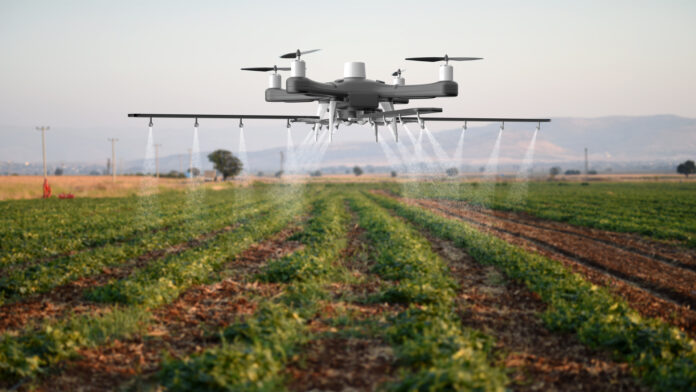Farmers and operations in South Africa’s agricultural sector are increasingly using drones for “precision farming.” This technique involves analyzing various factors to determine the correct inputs for maximum outcome. According to drone expert Kopano Tholo, farmers worldwide are facing pressure to improve resource management efficiency due to tough economic conditions.
Benefits of Precision Farming
Precision farming focuses on doing the right thing in the right place at the right time with the right amount. This approach leads to higher profitability, better sustainability, and increased productivity while saving time. Drones play a crucial role in precision farming by providing farmers with important information on their crops through data and topography analytics.
Tasks Performed by Drones in Agriculture
Drones are used for various tasks in precision farming, such as soil sampling, crop field analysis, planting, and pesticide application. They can be combined with imaging technologies to provide farmers with specific information about crop health, fungal infections, and growth issues.
In South Africa, drones are increasingly used for functions like spraying pesticides, which was traditionally done by fixed-wing planes, microlights, or helicopters. Drones are more efficient for this task as they can get closer to crops, enabling precise pesticide application and covering almost 100% of field areas.
Rise of Drone Use in South Africa
The drone market in South Africa has grown significantly in recent years, with the country being the biggest user of drone technology on the continent. The market for small drones is expected to reach R2.5 billion by 2025, with an annual growth rate of 22.35% between 2020 and 2025.
Applications of Drones in Different Sectors
The mining sector is currently the biggest user of drone technology in South Africa, followed by the film and entertainment industry and the agricultural sector. Drones are used in agriculture for precision farming, helping farmers improve efficiency and productivity.
Sustainability and Green Practices
Apart from commercial benefits, drones in farming also promote ‘green’ and sustainable methods. Major retailer Woolworths highlighted that its suppliers are using drones for regenerative agriculture and water conservation. Drones help farmers identify stressed plants, make data-driven decisions, and conserve water resources.
Transforming Agriculture with Technology
Through drone technology, farmers can monitor crop health, detect signs of strain, and optimize water usage. This allows for targeted irrigation, resource management, and improved crop resilience. Drones are paving the way for a more sustainable future in agriculture practices.



